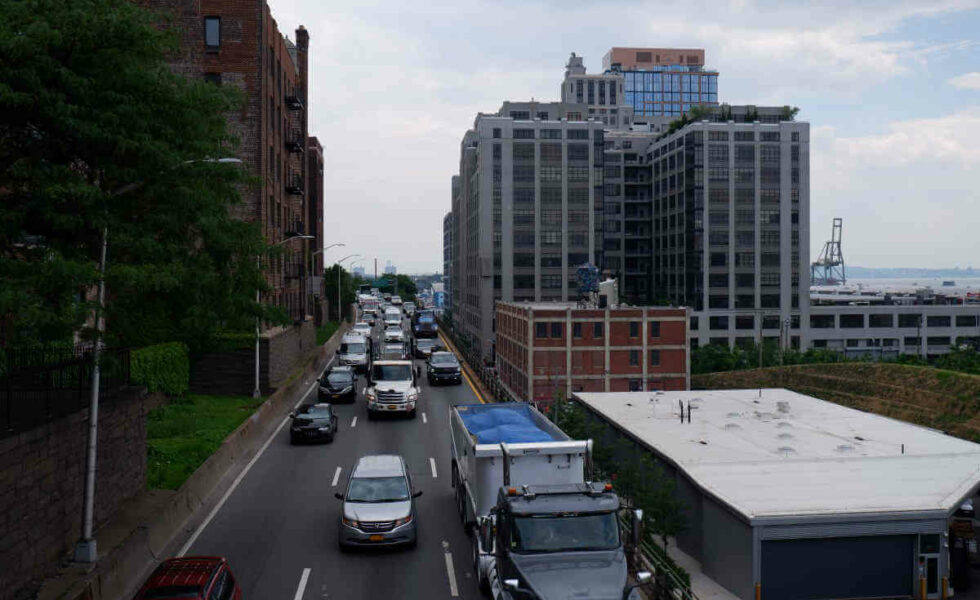C2SMART Research Helps Lead to Passage of NY State Legislation
Senator Brian Kavanagh and Assembly member Jo Anne Simon announced that their BQE Overweight Truck bill (S2740B/A2316) was signed into law by Governor Kathy Hochul. The new law authorizes a pilot program along I-278 in Brooklyn allowing for the installation of state-of-the-art, weigh-in-motion technology to issue violations electronically when trucks exceed the existing legal weight limits.










